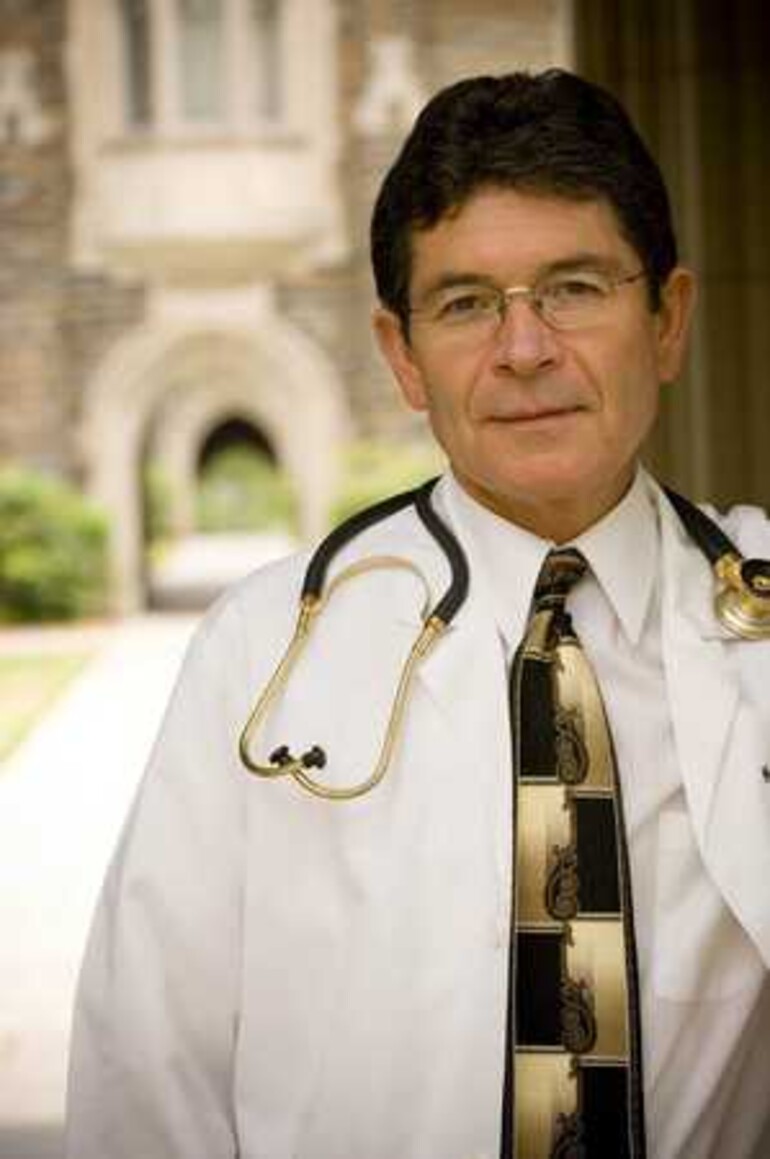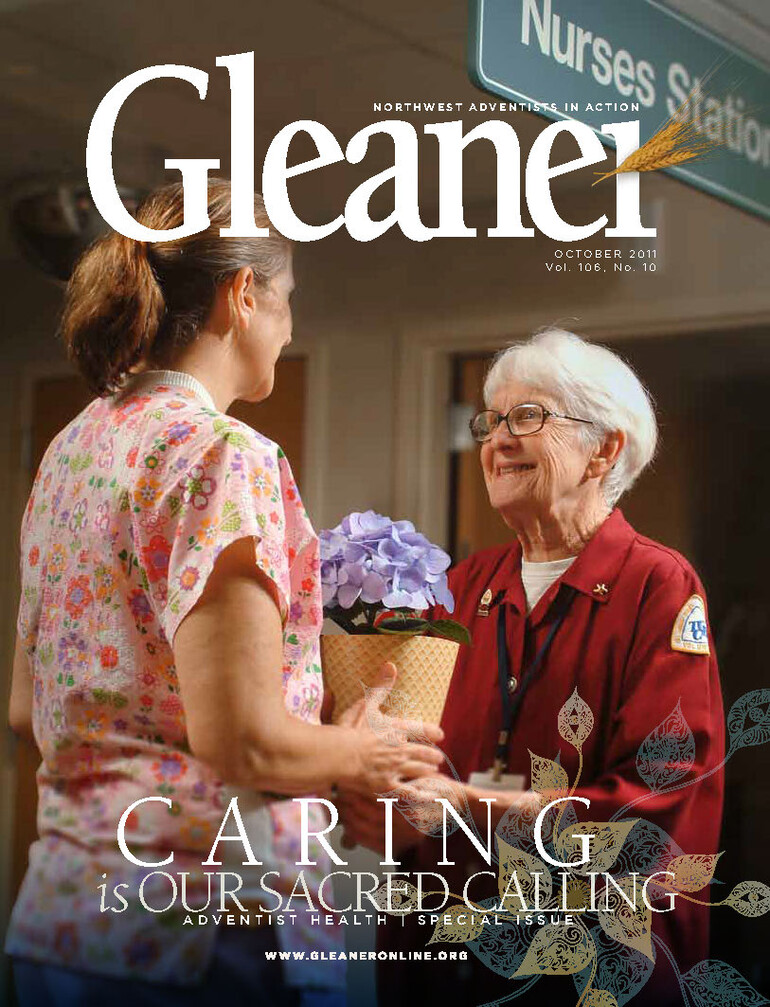New research has shown spirituality and religion have an impact on physical healing. Harold G. Koenig, M.D., is out to scientifically prove this link. Trained at Stanford University and Duke University Medical Center, he is considered by biomedical scientists one of the world’s top experts on religion and health. Koenig’s research has been featured on many programs, including The Today Show, National Public Radio and Newsweek, to name a few. Currently, Koenig is the director of Duke University’s Center for Spirituality, Theology and Health.
Recently, Adventist Health sat down with Koenig to talk about the research. Here’s what he had to say.
Adventist Health: Explain the clinical trials at Glendale Adventist Medical Center in Southern California.
Harold G. Koenig: At GAMC and Duke University Medical Center, we are recruiting religious patients who have depression and cognitive medical illness. We will randomize participants where some will receive state-of-the-art cognitive behavioral therapy and some will receive the same treatment, but with a religious twist. By following participants for 3–6 months, we will be able to monitor if their depression changes, follow up on lab results and see if there are any differences.
AH: Why are these findings significant?
HGK: Most studies just observe. In our study we are going to intervene. We will ask, “Is religion causing these changes in behavior?” The results of this could show real scientific evidence that other scientists and health-care practitioners can use.
AH: How does religion help people heal physically?
HGK: Three factors contribute to this:
• Religious coping, which is the use of religious beliefs and practices that help people deal with difficult life circumstances, counteracts changes that adversely affect health — physiological changes, healing, vulnerability to diseases, etc.
• Giving and receiving support influences the same physiological factors: immune, endocrine and cardiovascular. This affects their treatment and response.
• Health behaviors practiced due to commitment to religious beliefs include not smoking, drinking or engaging in risky sexual behaviors. The belief that the body is God’s gift encourages patients to comply with medical treatments.
AH: Does science support this?
HGK: It is not proven, but there have been more than 3,000 quantitative studies on this topic, two-thirds supporting this theory. That is why I am working with GAMC to scientifically prove that religion promotes healing.
AH: Why should health-care practitioners use religion to help patients heal?
HGK: There are many reasons why health-care professionals should address the spiritual needs of patients. This is essential for high-quality care of the whole person. Many patients in our hospitals turn to religion for comfort, hope and meaning. Since the mind and emotions are directly connected to the body’s natural healing systems, health-care practitioners, chaplains and pastors can use religious tools to positively influence patient outcomes.
Paul Crampton, Adventist Health assistant vice president for mission and spiritual care, offers what he believes this means for Adventist Health ...
Thanks to dedicated scientists like Koenig, there has been a marked increase in research and published articles on the relevance of spirituality in health over the past decade. This trend has compelled nursing and medical schools to include this topic as an integral part of their standard curriculum. Currently, virtually all nursing schools and more than two thirds of all medical schools include this subject.
Many organizations are now experimenting with mechanisms that integrate this new learning into practice. Although this is an emerging extension of contemporary, quality patient care, Adventist Health care institutions have understood its relevance since the first sanitarium opened its doors nearly 150 years ago. Our history with whole-person care (mind, body and spirit) places us at an advantage as we move toward the future.
Adventist Health has already established education and systems that appeal to a new generation of health-care professionals expecting methodology that assesses patients’ religious/spiritual needs and incorporates these into the care plan. The modern age of health care expects its leaders to do more than provide for the physical needs of our patients. It requires them to care for the whole person by acknowledging the scientific role spirituality plays, as well as how to integrate it in all aspects of care. This includes the ability to unite the diverse segments of our organizations: physicians, administrators, clinicians and ancillary staff through a common bond of service that is integral, sustainable and measurable; one that transcends the superficial aspects of work and gives meaning and fulfillment in every person's job.
In our diligence to share God’s love by providing the highest quality health care, we are constantly looking to improve our systems and expand our knowledge. By forming collaborative relationships with educational institutions that are on the cutting edge of these processes — partnerships with Adventist universities and collaborative efforts with Duke and George Washington universities — we are opening groundbreaking possibilities for the very near future and ensuring our place as a top provider of quality, whole-person care.
The most exciting aspect of these efforts is the significant opportunities that are emerging to creatively collaborate with our Seventh-day Adventist Church family in not only advancing our health message, but in healing the people of our communities by sharing Jesus’ love through our religious practices.










